The Cities-4-People team in the District of Altona worked hard to promote sustainable mobility with the help of the local Citizen Mobility Community. First of all, a sharing mobility event was organised and held at the Altonale festival. Thanks to Cities-4-People, the Altonale included mobility as a domain for the first time. In one single place, visitors could get familiar with e-scooters, bike and car sharing options and other special vehicles such as electric rickshaws. Vehicles could be tried out on a test route. In two days, almost 900 people participated, children included. 63 users even signed an agreement to use the sharing vehicles, sometimes on behalf of a larger group.
Besides raising awareness of sharing as a sustainable mobility option, the Altona Citizen Mobility Community envisioned an intervention to support biking by installing new bike rack spots in the city. The prototyping entailed mapping suggestions for suitable spots and led to 400 inputs. For the piloting phase, 60 new bike racks will be installed, more might come in the future. Each rack will display a QR-code and a small sign to show where other new bike racks are.
Unfortunately, the third selected intervention, which regarded the set up of micro-depots and the creation of a delivery system through e-cargo bikes, could not happen due to multiple challenges: finding suitable locations and spaces that are big enough for a depot was not easy and the cost of the containers proved too high. Nonetheless, the co-creation activities carried out in the frame of Cities-4-People enabled the development of a side intervention, that is the pedestrianisation of a street in Ottensen. Last March, local politicians approved the idea and increased the duration of the intervention from one month to a full semester. From September 2019 to February 2020, sections of Ottensen will be car-free. Although it won’t be financed through Cities-4-People, the intervention is already benefitting from the experience gathered in the project, insofar as co-creation techniques are used to gather people’s ideas on how streets could be changed during the car-free semester.
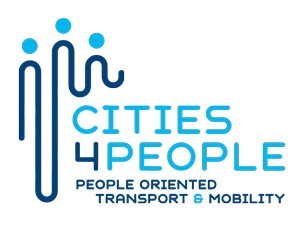
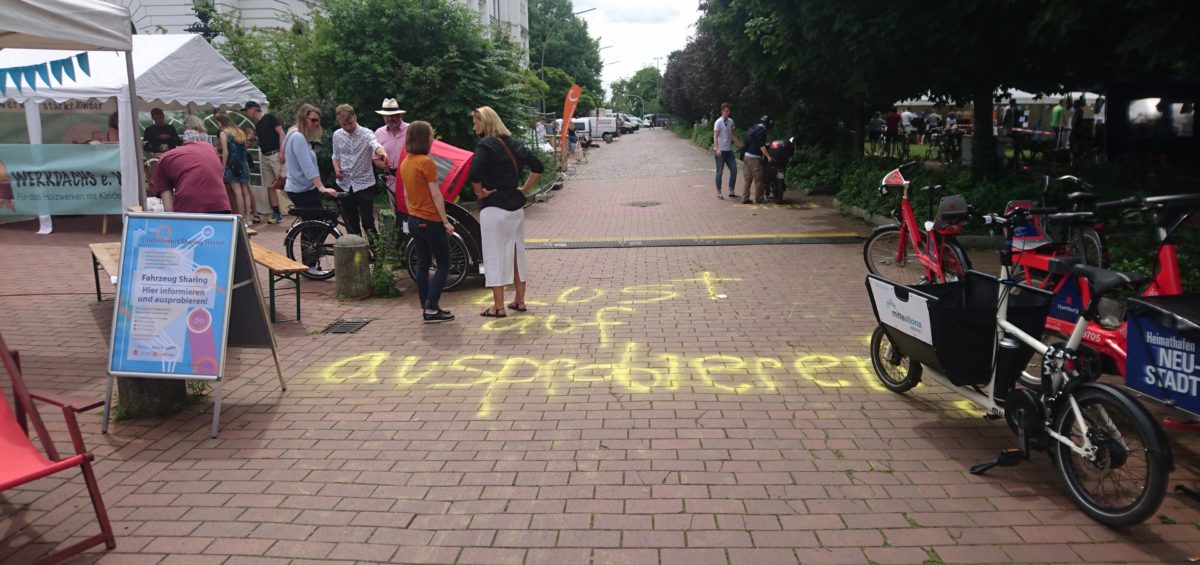




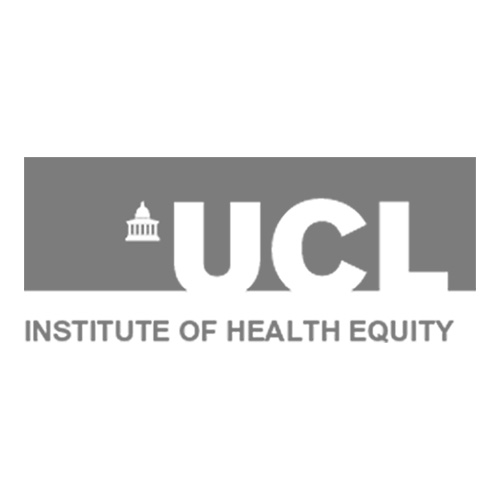



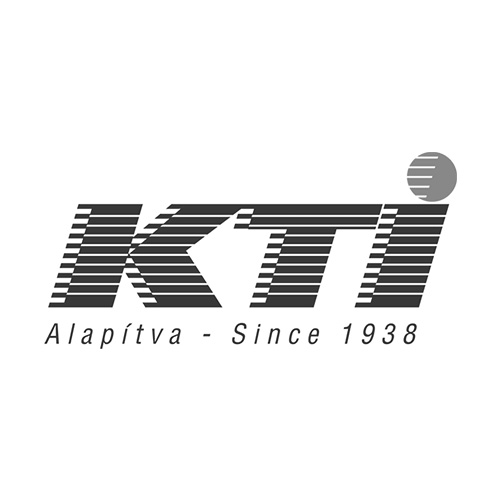
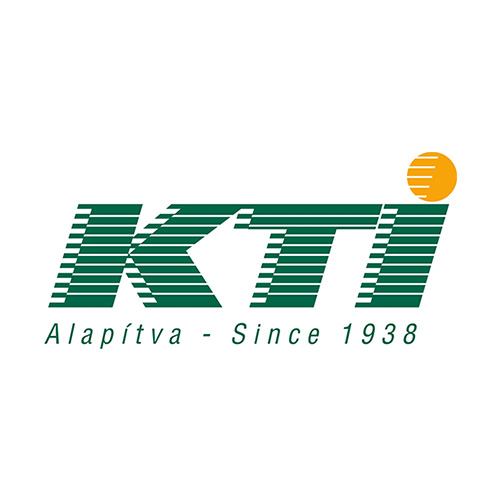
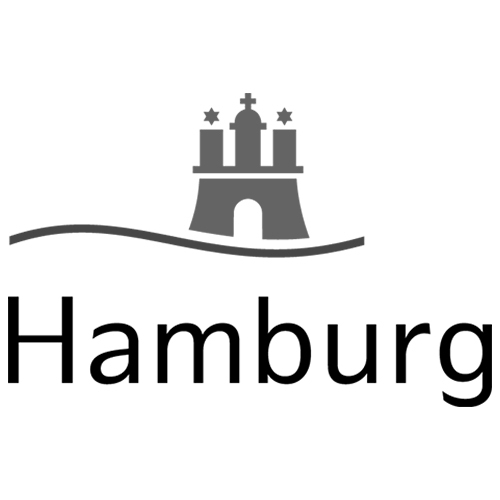
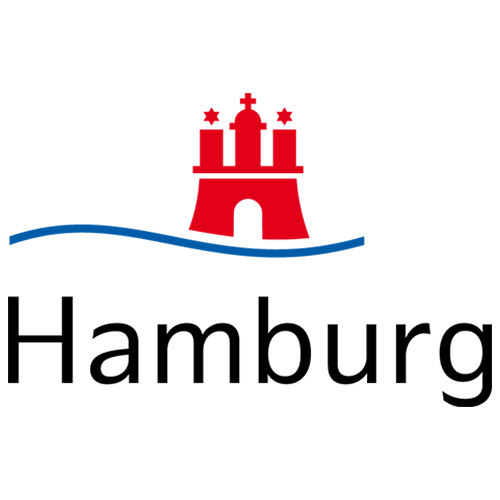
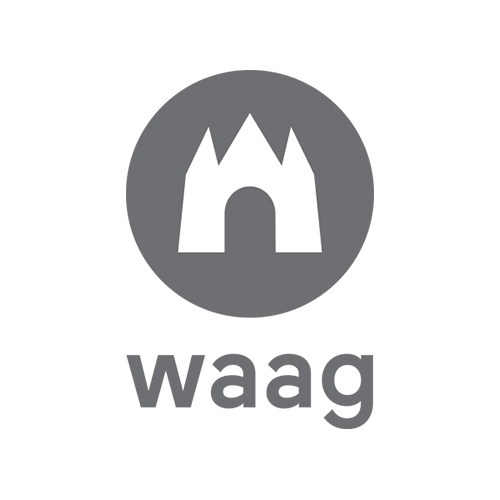
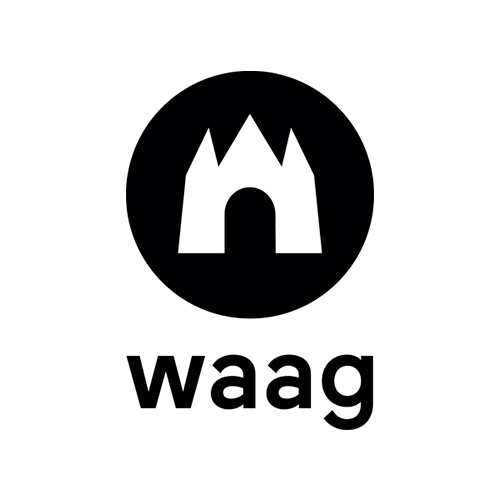
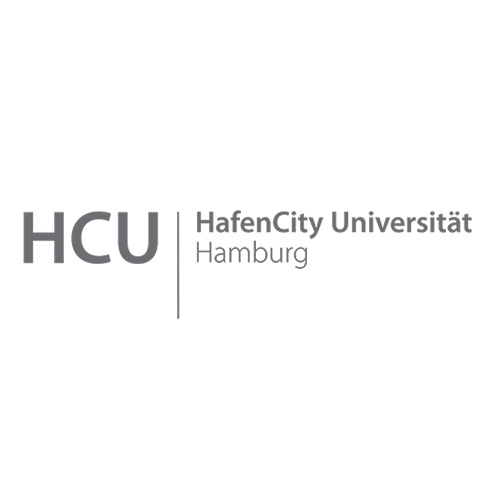
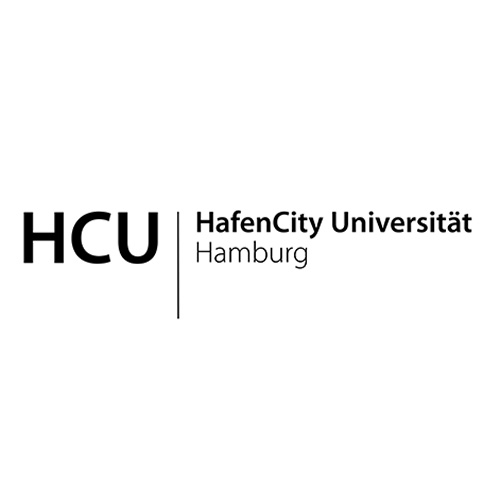
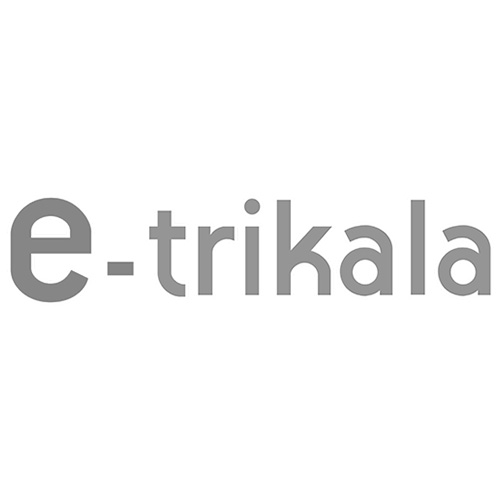
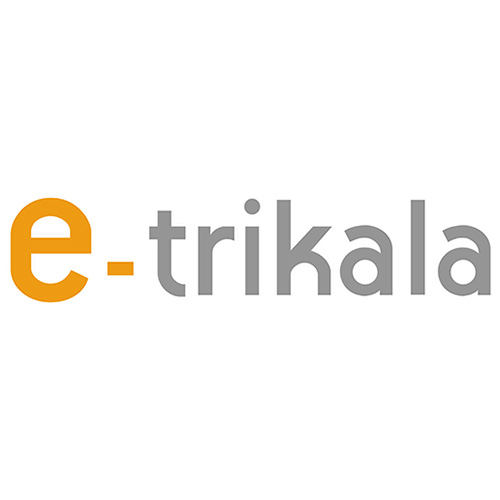




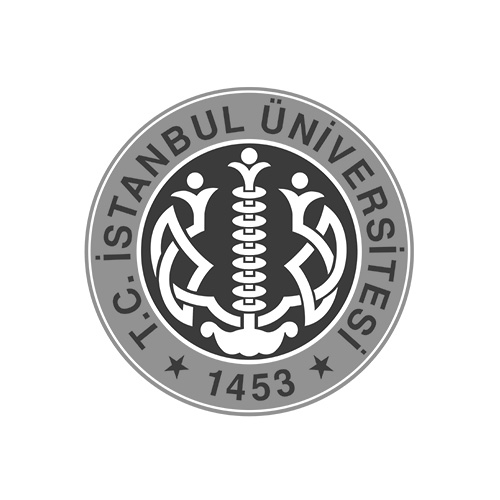
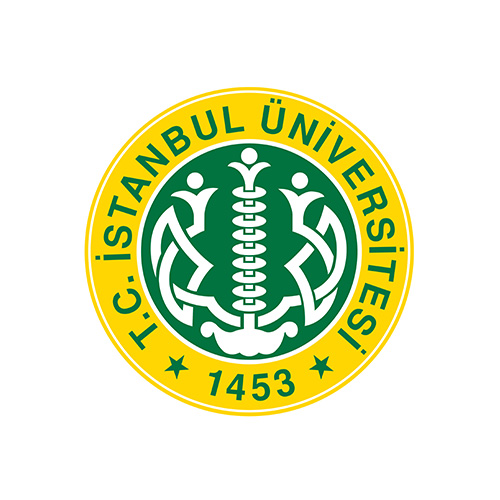


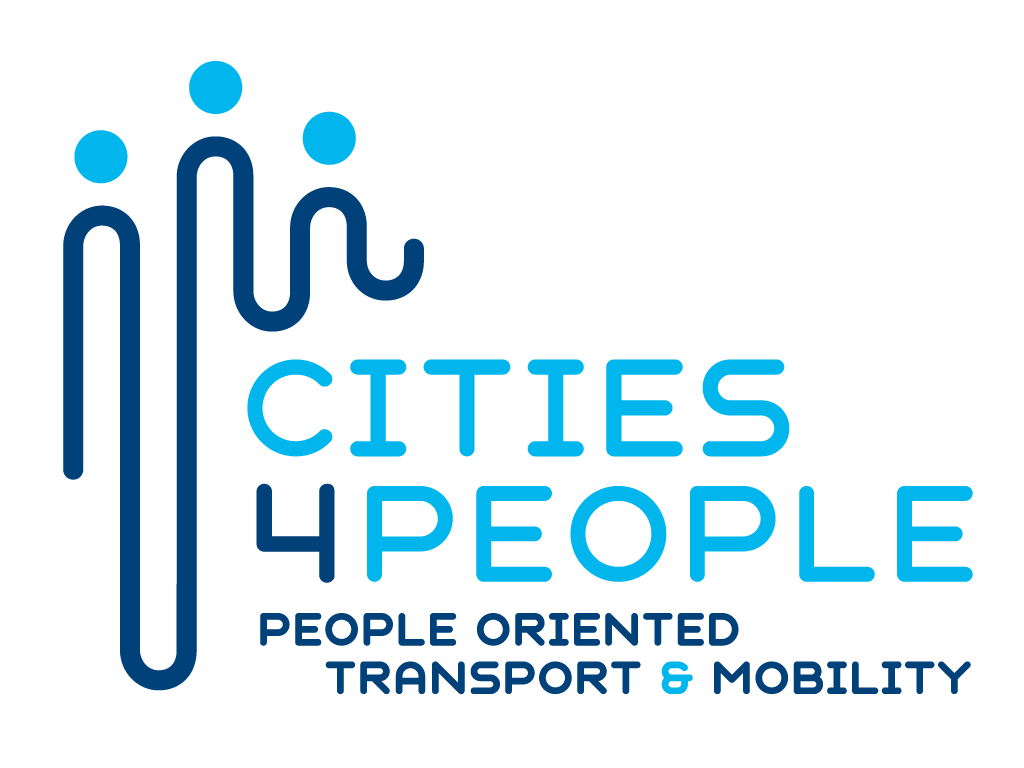
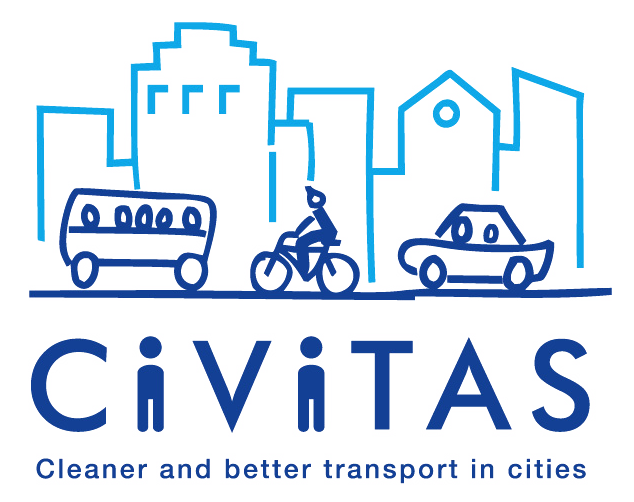


 Magyar
Magyar Ελληνικά
Ελληνικά Deutsch
Deutsch Turkish
Turkish